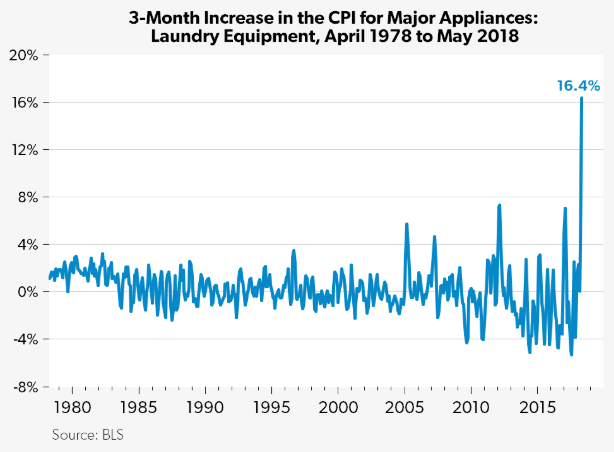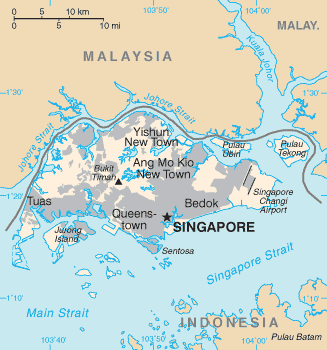Unlike most of my generation of science fiction fans, I wasn’t a fan of the original Dune by Frank Herbert. I read it, it was okay, but it didn’t grab my imagination as it seemed to do for so many others. I think I started reading the second book in the series, but never finished it. I just checked, and I no longer have any Frank Herbert books in my library, which does indicate to me that I lost patience long before the end of the series. That said, I do see the attraction for attempting to translate the story to the big screen. Colby Cosh (who was a fan of the book) reports on the latest adaptation headed toward a multiplex near you, probably:
The cinema-rumour websites are hissing with whispers about the upcoming adaptation of Frank Herbert’s Dune from Canadian director Denis Villeneuve.
Folks who still swear by science-fiction movies live in a state of constant unease about tent-pole projects like this. After an adaptation of cherished object X by messianic genius Y is announced, there are still a hundred things that can go awry with the script or the finances or the cast, and one of those hundred things, or some interaction amongst them, usually does. But the buzz is that everything is, so far, in order for Villeneuve to begin shooting early next year.
Dune (published in 1965) is somewhat esoteric and bizarre, and as source material for video it has had a difficult history, one that is itself now the subject of legend. One of the most celebrated documentaries of 2013 was Jodorowsky’s Dune, the chronicle of a failed Seventies attempt to shoot the book with an art-cinema giant at the helm.
The book itself is almost defiantly unfilmable. Dune flings technicalities and background references at the reader to an almost sadistic degree without ever lifting one finger to engage in conscious literary exposition. This was, indeed, part of the reason it revolutionized science fiction. The book is driven by gimmicks, like any good SF story, but the reader is expected to not only solve narrative puzzles (what the heck is a “Mentat”?) but to bring some knowledge of history and science to the game.
This is why nerds adore Dune, and it is why the pleasure of the sequels is subject, notoriously so, to fast-diminishing returns. Reading the fourth Dune book is like doing your 5,472nd Sudoku.
Despite having been written as if Herbert specifically intended to make adaptation impossible, Dune has reached the screen twice: as a 1984 feature directed by David Lynch (who is what Alejandro Jodorowsky would be if Alejandro Jodorowsky were a grown-up Eagle Scout from Montana) and as a 2000 TV miniseries for the Sci-Fi Channel. All of this is to say that Dune carries a lot of baggage, and the stakes for Villeneuve, whose Blade Runner sequel is thought to have lost a lot of money, seem positively alarming. A directorial career is a tightrope: everyone is one blunder away from plummeting into an abyss, even though particular blunders may be survivable.
Not being a movie fan or TV watcher, I haven’t seen either of the previous adaptations — although the stills from Lynch’s 1984 movie are quite striking — and it’s unlikely I’ll bother with the next one.





